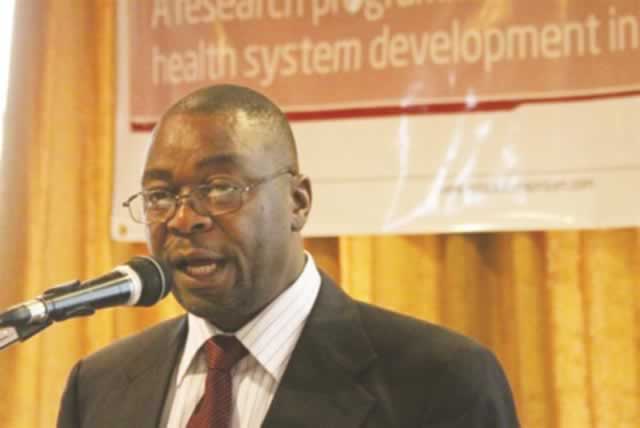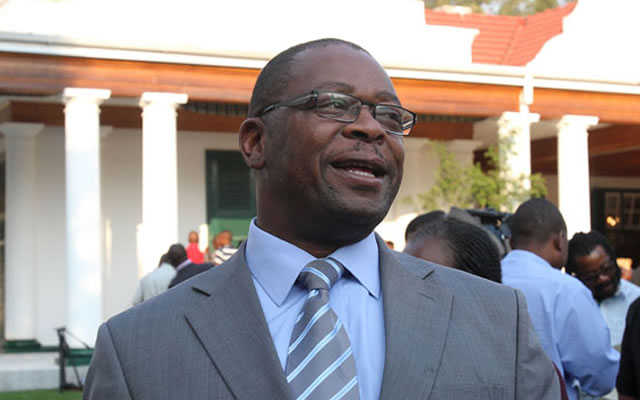99-year leases now bankable

Felex Share Herald Reporter—
THE 99-year leases issued to new farmers will be accepted by banks as collateral following amendments made by the Government and the Bankers’ Association of Zimbabwe, with the changes to be approved by Cabinet before the end of this month. The development means new farmers can benefit from funding by financial institutions for the 2014-15 agricultural season.
Most banks have in the past demanded collateral in the form of immovable assets, a prerequisite most farmers lack, arguing that the 99-year leases were not clear enough on land tenure.
The financial institutions argued that properties allocated to land reform beneficiaries remained State-owned and could not be sold to recover funds in the event farmers defaulted on payments.
Lands and Rural Resettlement Minister Dr Douglas Mombeshora yesterday told The Herald that Government had agreed to amend some sections of the 99-year leases to suit the requirements of the financial institutions.
“We had a meeting with BAZ recently where we looked at the concerns they had raised,” he said.
“This resulted in us going clause by clause together to see where exactly their concerns were.
“We agreed on several amendments to suit their requirements and we have sent the new changes to the Attorney General’s Office and after that we will take the changes to Cabinet.”
Most farmers are preparing for the forthcoming agricultural season and need money to buy inputs.
Minister Mombeshora said by the end of this month, all could be in place for farmers to borrow money from financial institutions using the 99-year leases as collateral.
“We are trying to push that by the end of this month everything will be in place to make the leases bankable and allow farmers to borrow money from financial institutions to finance their operations,” he said.
“As you are aware, free agricultural inputs cover A1 and communal farmers and A2 farmers have to source funding, hence the need to speed up the process to enable them to source the money ahead of this new season.”
Minister Mombeshora could not be drawn into discussing the amendments, but BAZ once revealed that banks wanted a special purpose vehicle to be set up, which would pay off loans in the event farmers defaulted.
Such a scenario would mean none of the resettled farmers would lose their land in the event they failed to pay back their loans.
But the system could be prone to abuse as farmers could willfully default in the knowledge that there was a facility to pay off the loan.
There was also a call for banks to consider project viability as collateral.
BAZ president Mr Sam Malaba confirmed that they had agreed on some amendments with Government, with a view of making the 99-year leases bankable.
“All I can say at the moment is that we have an amended draft in place and this is with the (Government) legal department,” he said. “We have agreed to some amendments on the leases and I will be able to comment further after the legal department finalises them.”
The unacceptability of the 99-year leases has starved thousands of farmers of funding from banks, prejudicing the country of millions of dollars in potential revenue from agriculture at a time when virtually all banks have tightened credit conditions due to the liquidity crisis.
Further, the cash crisis has constrained the potential for agriculture, which accounts for about 16 percent of Gross Domestic Product, to contribute to accelerated economic growth.
Ideally, Agribank should be the foremost agriculture loan provider, but has failed to effectively carry out its mandate owing to sanctions-induced constraints, among other factors.
The bank is yet to receive Government funds for onward lending, while the Infrastructural Development Bank of Zimbabwe (IDBZ) has earmarked $4 million for the summer farming season.
The Presidential Inputs Support Scheme will continue this season and will benefit 1,6 million households which will receive seeds and fertilizers of various quantities.









Comments